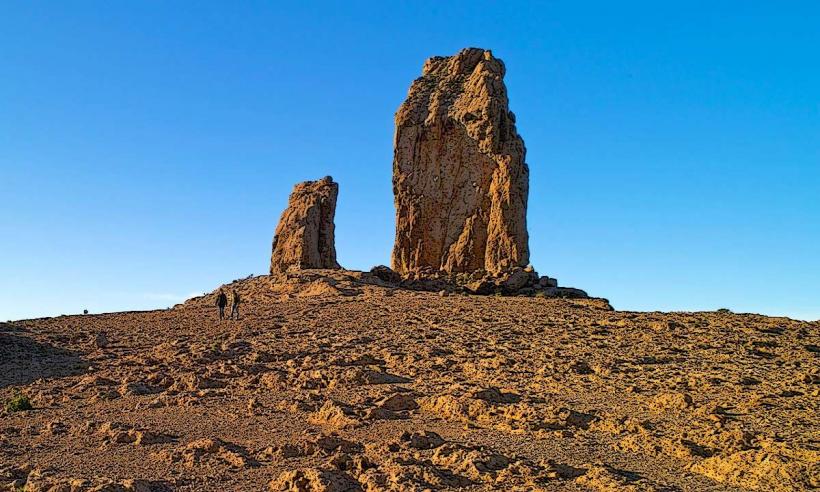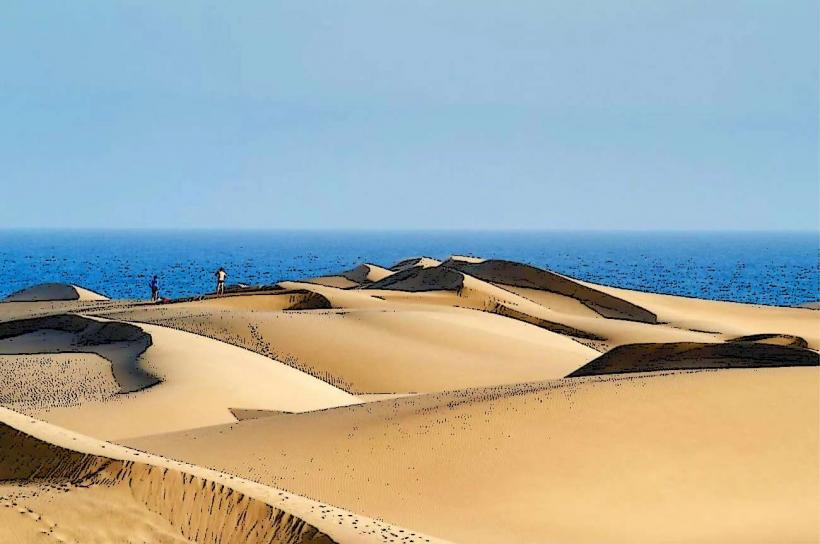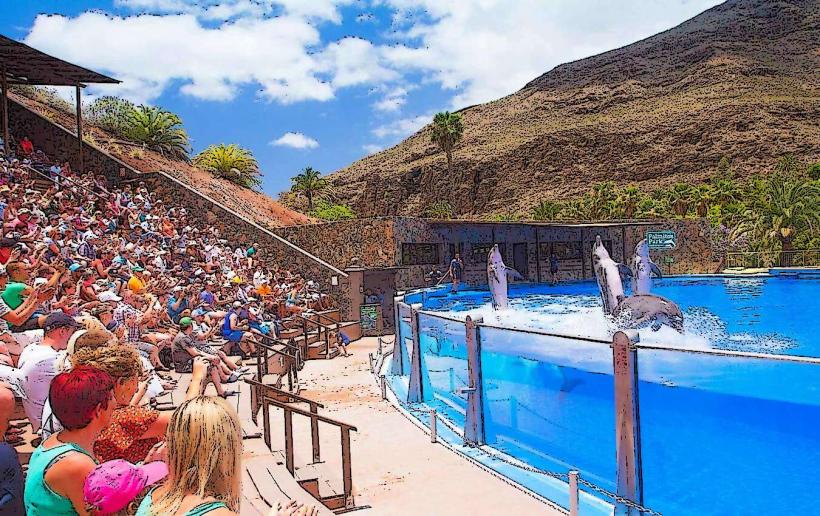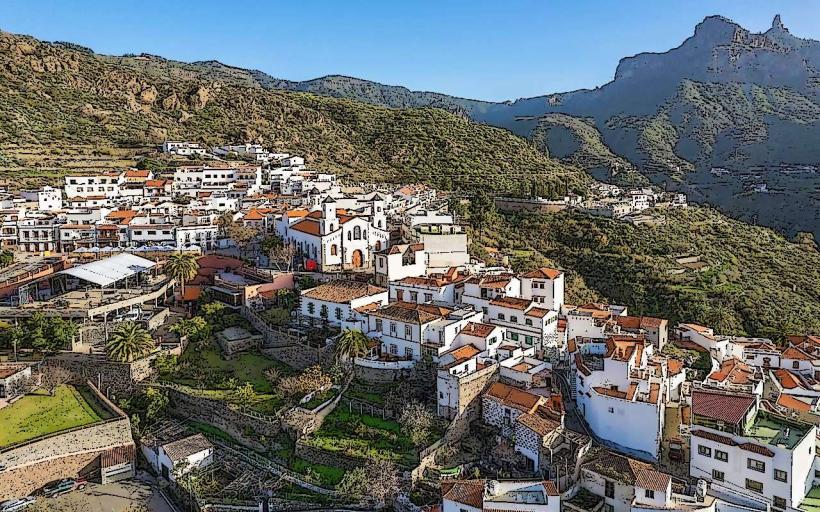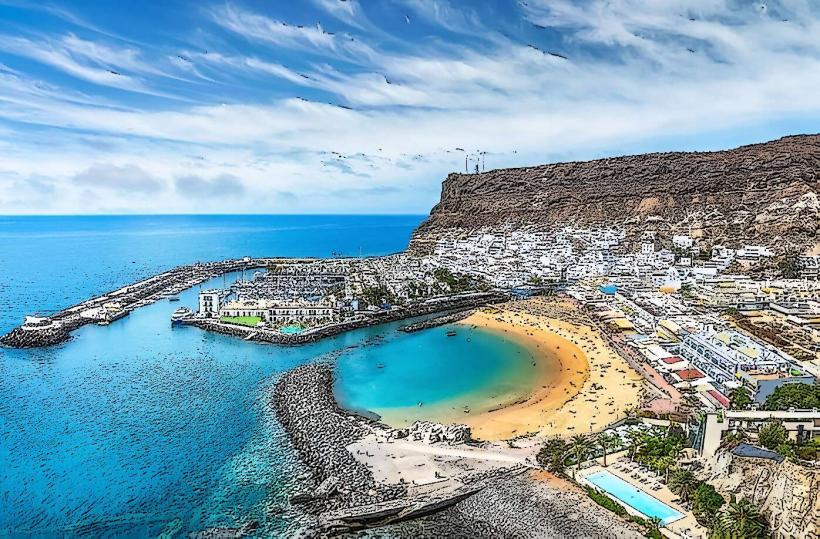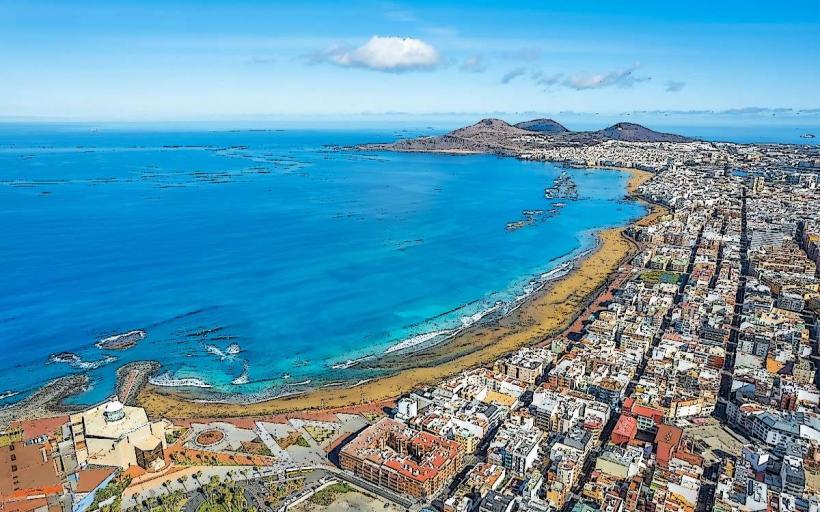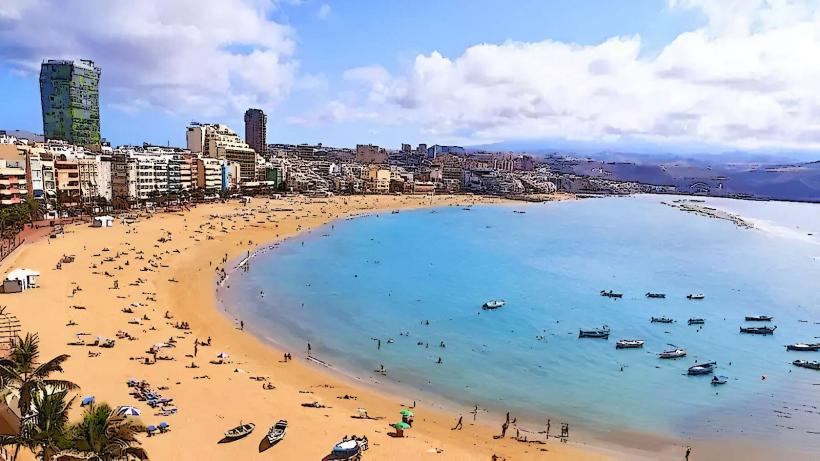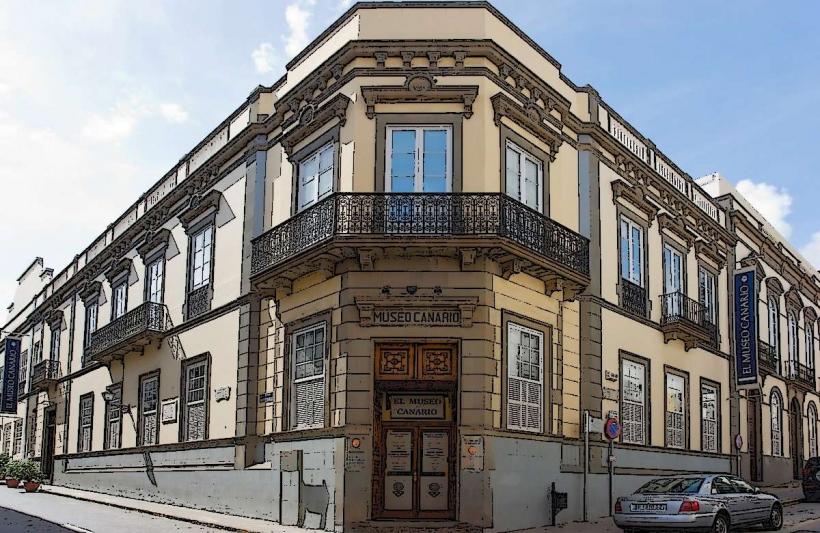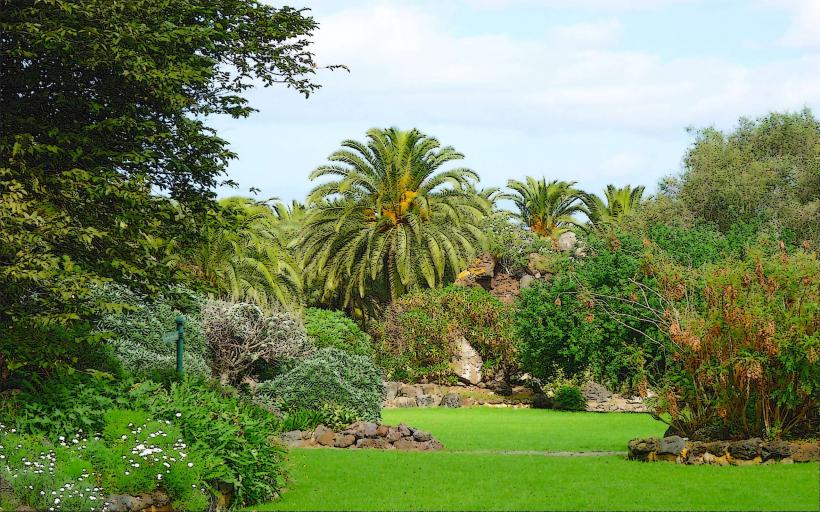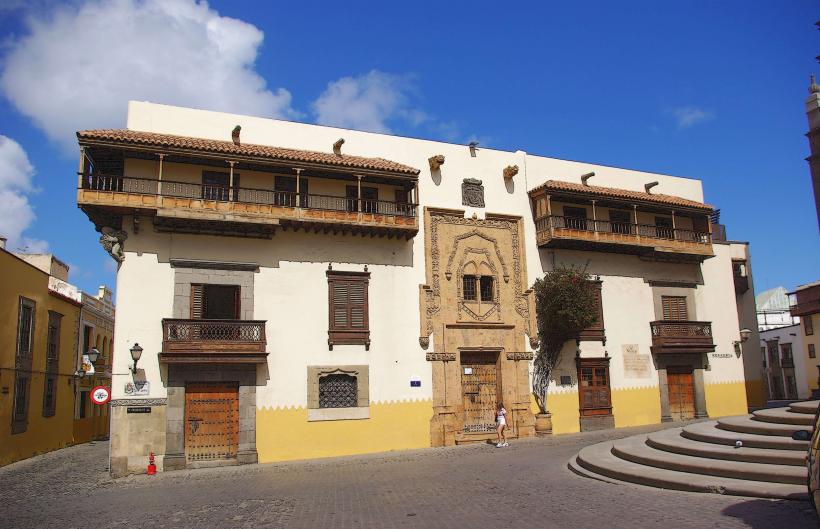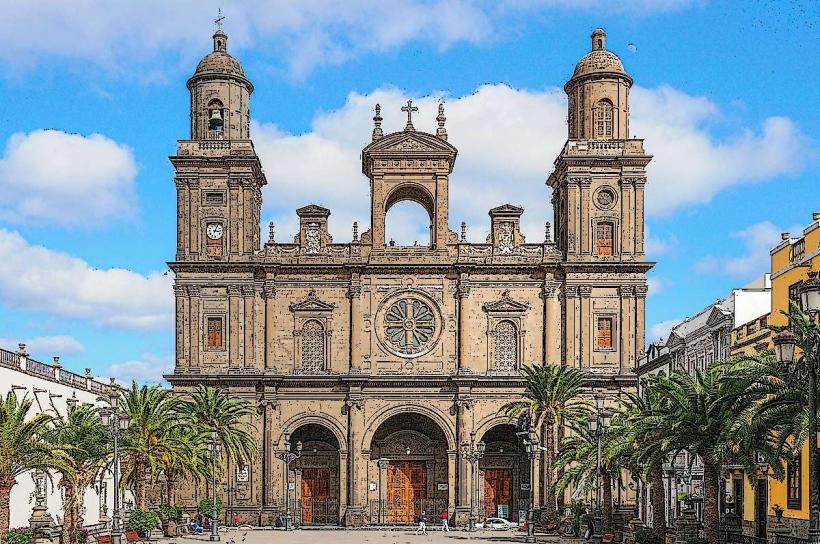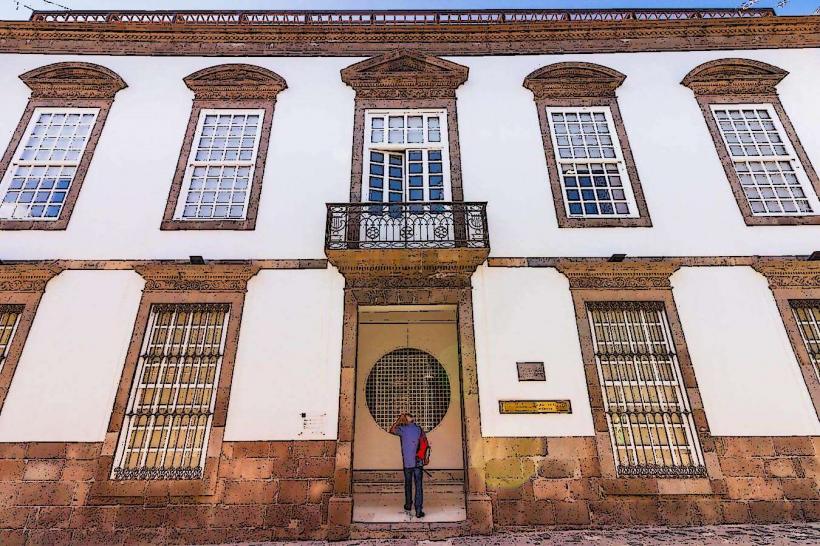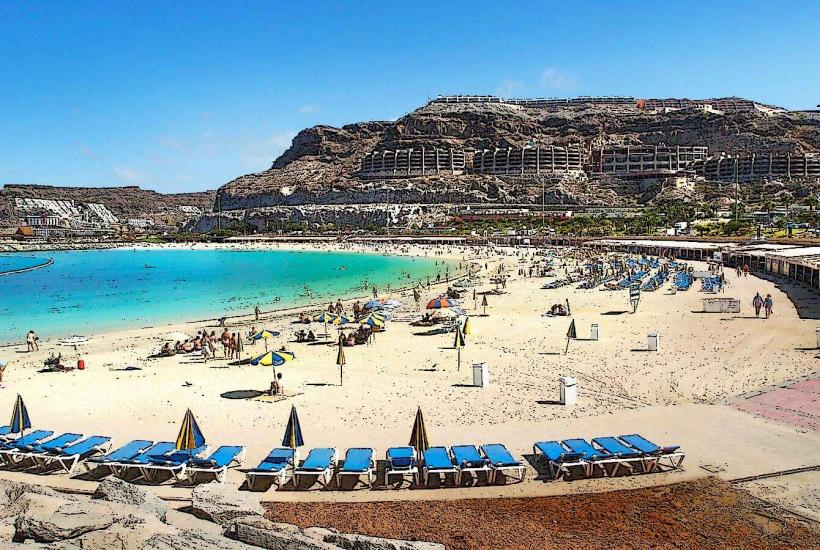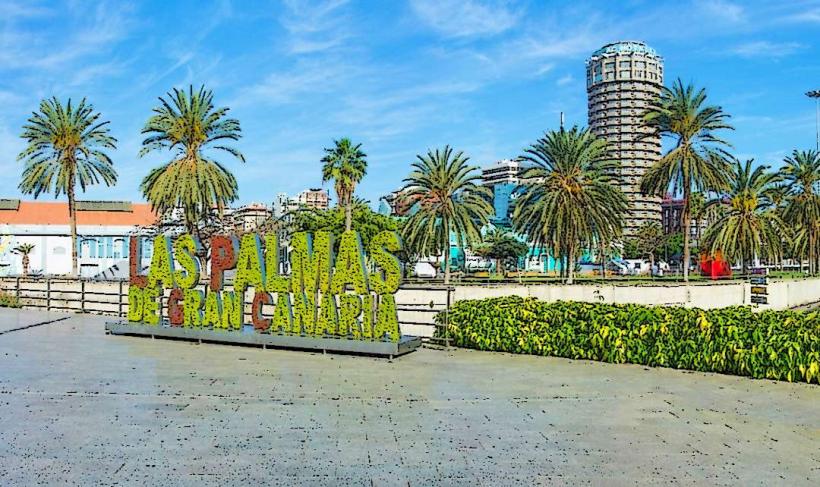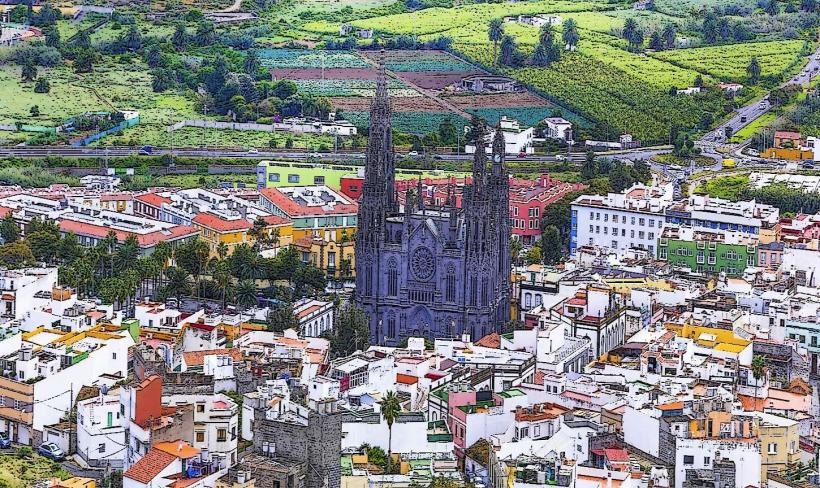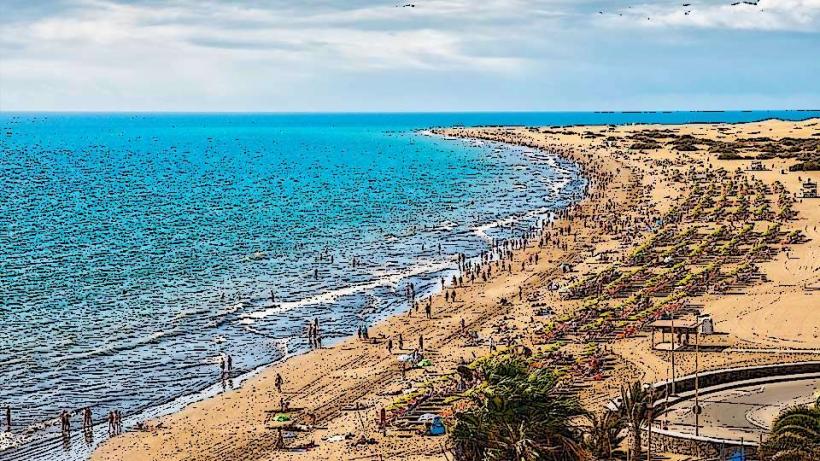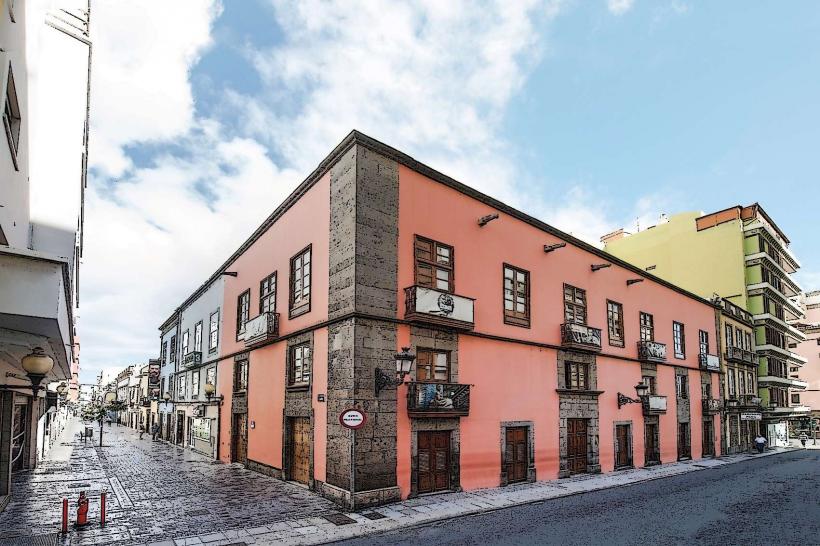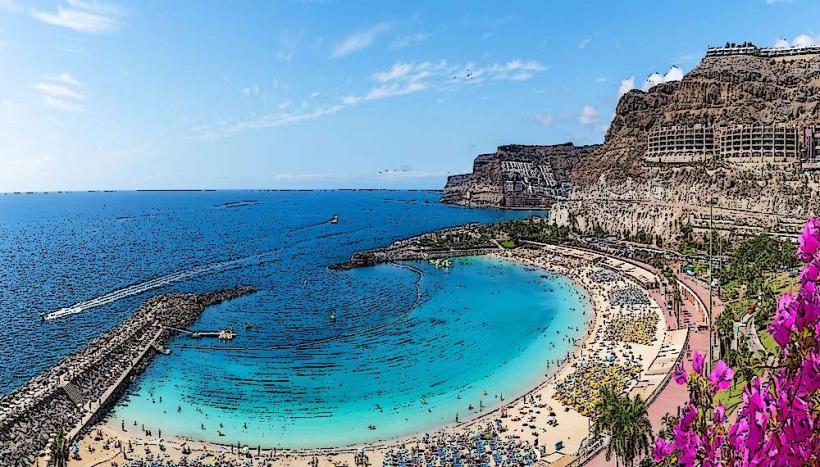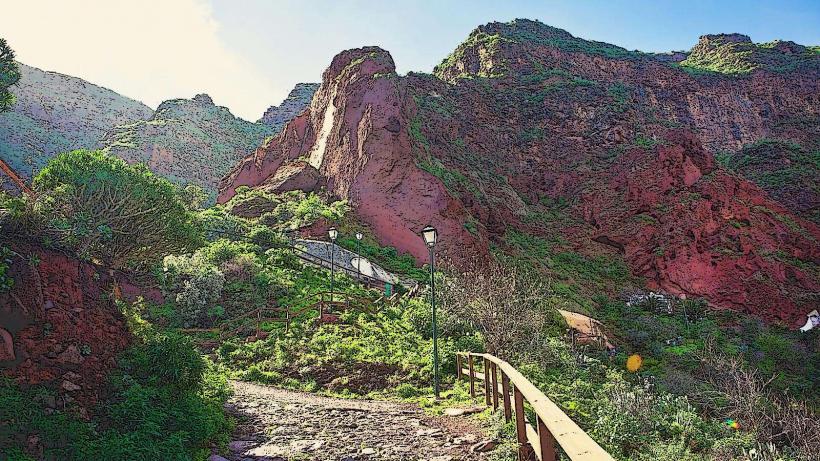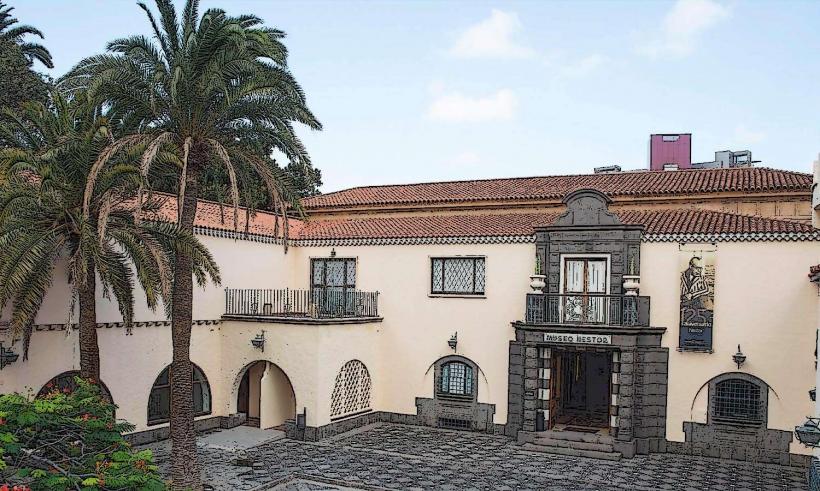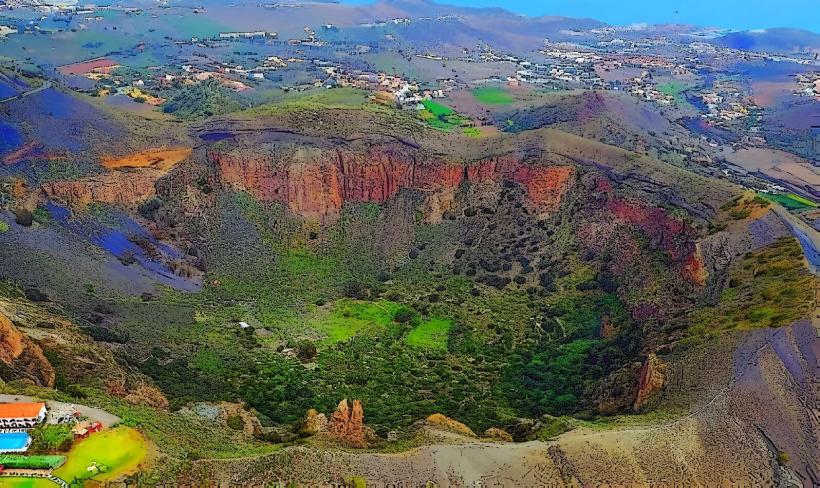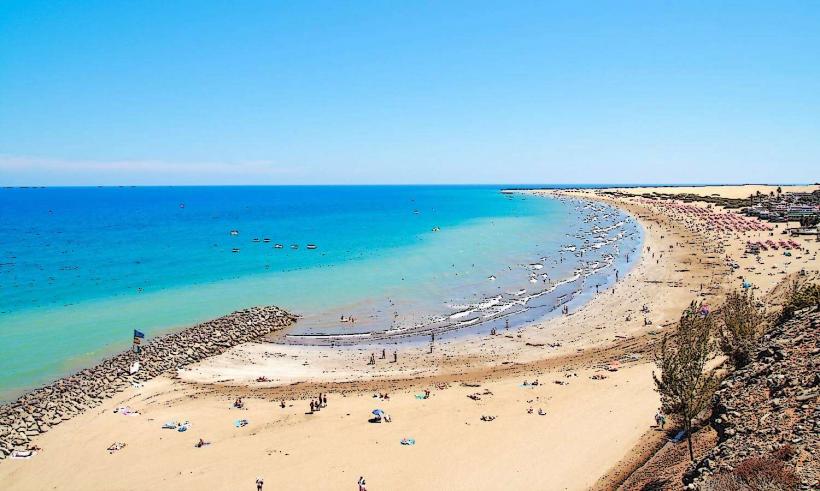Information
Landmark: Parque Natural de PilanconesCity: Gran Canaria
Country: Canary Islands
Continent: Europe
Parque Natural de Pilancones, Gran Canaria, Canary Islands, Europe
Parque Natural de Pilancones is a protected natural park located in the central-southern region of Gran Canaria, one of the Canary Islands. Known for its stunning landscapes, rich biodiversity, and diverse ecosystems, the park is a haven for nature lovers, hikers, and wildlife enthusiasts. It is part of the Gran Canaria Biosphere Reserve, recognized by UNESCO for its environmental significance. Here's a detailed overview of this beautiful natural park:
1. Location and Geography
- Location: The park is situated in the southern part of Gran Canaria, between the towns of San Bartolomé de Tirajana and Tunte, covering parts of the municipalities of San Bartolomé and La Aldea de San Nicolás.
- Size: The Parque Natural de Pilancones covers an area of approximately 1,400 hectares (around 3,460 acres), making it one of the significant natural parks on the island.
- Terrain: The park is characterized by rugged terrain, mountainous landscapes, and deep gorges. It features a variety of natural landscapes, from pine forests to rocky cliffs and ravines. The elevation in the park ranges from 800 meters (2,625 feet) to over 1,500 meters (4,920 feet), providing visitors with breathtaking views of the surrounding regions.
2. Flora and Fauna
- Flora: The park is home to a variety of plant species that are adapted to the island's arid climate. The vegetation in Pilancones is predominantly made up of Canarian pine forests (Pinus canariensis), which cover much of the area. The pine trees are interspersed with scrubland, which includes plants like heather, mugwort, and wild thyme. There are also areas of laurel forests (laurisilva), a relic of the subtropical forests that once covered the Canary Islands.
- Fauna: The park is a refuge for several species of birds, mammals, and reptiles. Notably, birds of prey, such as the Egyptian vulture and buzzards, can be spotted soaring over the park's cliffs. The Canary Island lizard and various species of endemic plants make Pilancones an important area for conservation. You may also encounter native species like the Canary Blue Chaffinch and the Atlantic green lizard.
- Endemic Species: Many of the plants and animals found in Pilancones are endemic to the Canary Islands, meaning they can only be found in this region of the world. This makes the park a critical site for preserving the unique biodiversity of the islands.
3. Geological Features
- Ravines and Gorges: Pilancones is shaped by deep ravines (known as barrancos) and gorges that have been carved by erosion over millions of years. These geographical features add to the park's dramatic landscape, creating a stark contrast between the mountainous peaks and the valleys below.
- Volcanic Origin: Like much of Gran Canaria, the park was formed by volcanic activity. The island itself is of volcanic origin, and Pilancones' geology features basalt cliffs, rocky outcrops, and rugged terrain shaped by ancient lava flows.
4. Activities and Outdoor Recreation
- Hiking and Trails: Pilancones is a popular destination for hiking and nature walks. The park has several well-marked trails that cater to different levels of difficulty, from short, easy walks to more challenging routes. These trails offer visitors the chance to experience the park's natural beauty up close, with opportunities to spot wildlife and enjoy panoramic views of the surrounding landscape.
- Notable Trails: One of the most popular trails is the Camino de las Cumbres, which takes visitors through the park’s rugged terrain, providing spectacular views of both the island's southern coast and the inner mountainous regions.
- Birdwatching: Given the park's rich avian diversity, it is an excellent location for birdwatching. The presence of species like the Egyptian vulture, buzzards, and the Canary Island chiffchaff makes it a hotspot for ornithologists and nature lovers.
- Nature Photography: The dramatic landscapes and unique flora and fauna make Pilancones a fantastic location for nature photography, capturing the island's wild beauty.
5. Conservation and Protection
- Biosphere Reserve: As part of the Gran Canaria Biosphere Reserve, Pilancones is recognized for its environmental significance and is protected to maintain the ecological balance of the island. Efforts are made to preserve the park’s endemic species, some of which are threatened or vulnerable.
- Environmental Education: The park offers opportunities for environmental education, with informational signs and visitor centers explaining the park's ecosystems, the importance of conservation, and the efforts to protect the natural environment of Gran Canaria.
6. Cultural Heritage and Historical Significance
- Rural Heritage: The park is surrounded by traditional Canarian villages like Tunte, where visitors can explore the rural culture and history of Gran Canaria. The area was historically inhabited by the island’s Guanche people, the indigenous population of the Canary Islands before Spanish colonization. Though there are no major archaeological sites within the park itself, the surrounding areas contain several sites that offer insights into the island’s past.
- Agricultural History: The surrounding areas have a history of agriculture and farming, with terraced fields and small villages that have cultivated the land for centuries. Some areas of the park show evidence of traditional agricultural practices that continue today.
7. Access and Visitor Information
- Getting There: The park is accessible by road from San Bartolomé de Tirajana, with various entrances and parking areas along its borders. It’s recommended to travel by car, as public transport options are limited.
- Visitor Centers: The park has visitor information centers where you can gather maps, learn more about the park’s flora and fauna, and receive guidance on hiking trails and other activities.
- Best Time to Visit: The best time to visit Pilancones is in the spring and autumn when the weather is mild, and the park's plant life is at its most vibrant. Summer can be quite hot, especially in the lower parts of the park, so it’s advisable to visit early in the morning or late in the afternoon.
8. Nearby Attractions
- Roque Nublo: One of Gran Canaria’s most famous landmarks, Roque Nublo, is located nearby. This volcanic rock formation offers panoramic views of the island and is a popular hiking destination.
- Fataga Valley: Located near Pilancones, Fataga Valley is another beautiful natural area known for its palm groves, terraced fields, and traditional Canarian villages.
- Maspalomas Dunes: Although farther south, the Maspalomas Dunes are an iconic landscape in Gran Canaria and offer a contrasting desert-like environment to the lush, mountainous Pilancones.
9. Visitor Experience
- Peaceful Atmosphere: Pilancones offers a tranquil and serene experience for visitors, making it an ideal destination for those seeking a peaceful escape from the more tourist-heavy areas of Gran Canaria.
- Guided Tours: Guided tours are available for those who want to learn more about the park’s history, biodiversity, and conservation efforts. These tours can be particularly useful for nature enthusiasts and those looking to understand the ecosystems in greater detail.
Conclusion
Parque Natural de Pilancones is a captivating destination that showcases the diverse landscapes and ecosystems of Gran Canaria. With its rich biodiversity, striking geological features, and array of outdoor activities, it is an ideal location for nature lovers and adventure seekers. Whether you're hiking through the pine forests, birdwatching, or simply enjoying the breathtaking views, Pilancones offers a unique and memorable experience in one of Gran Canaria's most beautiful natural areas.

